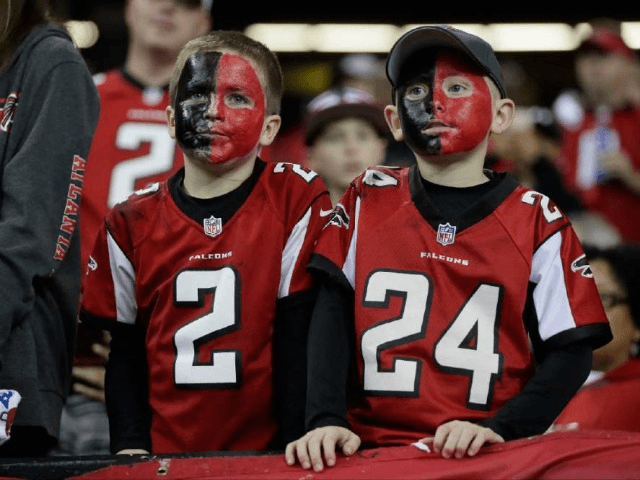As the sports media industry stews over ESPN’s mass layoffs, some believe its the leading edge of the coming “sports bubble.”
After news broke this week that cable sports network ESPN was firing 100 writers, reporters, and some on-air staffers, nearly everyone in sports media had a take on why it happened. But, could ESPN’s firings be just the start of a growing problem for the entire industry as the “sports bubble” begins to burst across the world of sports broadcasting?
The whole idea of a coming sports bubble was raised by TV answer man Phillip Swann, who writes on current trends in TV. Swann insists that ESPN may not be the only network to experience significant restructuring due to financial losses.
In his analysis, Swann notes that much of the trouble at ESPN is the “cord cutting” indulged by former customers, because subscribing to sports channels has become prohibitively expensive for the average person.
About five years ago, Swann noted, cable carriers began to cut their once-automatic habit of including multiple sports channels in cable packages. It started because “the channels began raising their fees to unprecedented levels to offset the huge contracts they signed for the rights to broadcast the games,” he said.
“Pay TV operators concluded that the escalating fees would soon dent their profit lines and they began to say no,” Swann wrote. “Compounding the pressure on the pay TV ops was the need to raise subscriber fees to make up for the higher carriage costs. Customers started to howl over the annual bill hikes, and that led to talk that they would drop their pay TV service, a practice known as cord-cutting.”
Swann went on to give more examples of cable providers backing away from the ever-increasing costs of sports packages on cable, and added that this bubble could eventually affect every sports channel.
“Pay TV operators can’t afford to keep raising their monthly subscriber fees, and the only way they can stop doing it is stop paying excessive carriage fees,” he wrote.
“And eventually,” Swann concluded, “as sports channels are forced to reduce their internal spending, they will also be forced to reduce their spending on the rights to air games and that will eventually force the leagues and teams to tighten their belts.”
But, if this trend in sports TV broadcasting continues, the financial strain won’t just be relegated to sports broadcasters. This bubble could very well spread and burst across cities that spend — and some contend waste — tax dollars on stadiums. These costs could even cascade to the unseemly amount of money teams already charge at ballpark gates.
Once cable sports networks start folding because no one wants to pay their higher rates, the huge dollars they pay for broadcast rights will cease rolling into league pockets. This will cause the leagues to scramble to replace that lost revenue, and it will mean that prices will be raised for tickets that are already out of reach for the average fan. Worse, leagues will also likely begin ramping up their demands that local taxpayers pick up more and more of their expenses.
This will likely cause a downward spiral in professional sports. Eventually, the increasing ticket prices will keep fans at home, and with fewer people attending games local politicians will find it harder to excuse handing tax dollars to billionaire team owners. After all, claims of the so-called benefits of increased visitors to the areas where stadiums sit will become increasingly erroneous when fewer people are seen attending games. So, politicians will have no excuse to so readily hand out tax dollars like they do today.
It is quite possible that in the years to come players will see their multi-million dollar salaries falling, teams will find fewer fans in the stands, cable TV will see fewer sports channels in existence, and the billions of dollars that currently flow throughout professional sports will dwindle. It is quite conceivable that the gravy train is just about ready to come to an end.
Make no mistake, this will also eventually impact college sports, too.
Ultimately it may cause a renaissance in sports. And maybe, just maybe, we will finally get back to playing sports for the love of the game instead of for the money.
Follow Warner Todd Huston on Twitter @warnerthuston or email the author at igcolonel@hotmail.com.

COMMENTS
Please let us know if you're having issues with commenting.